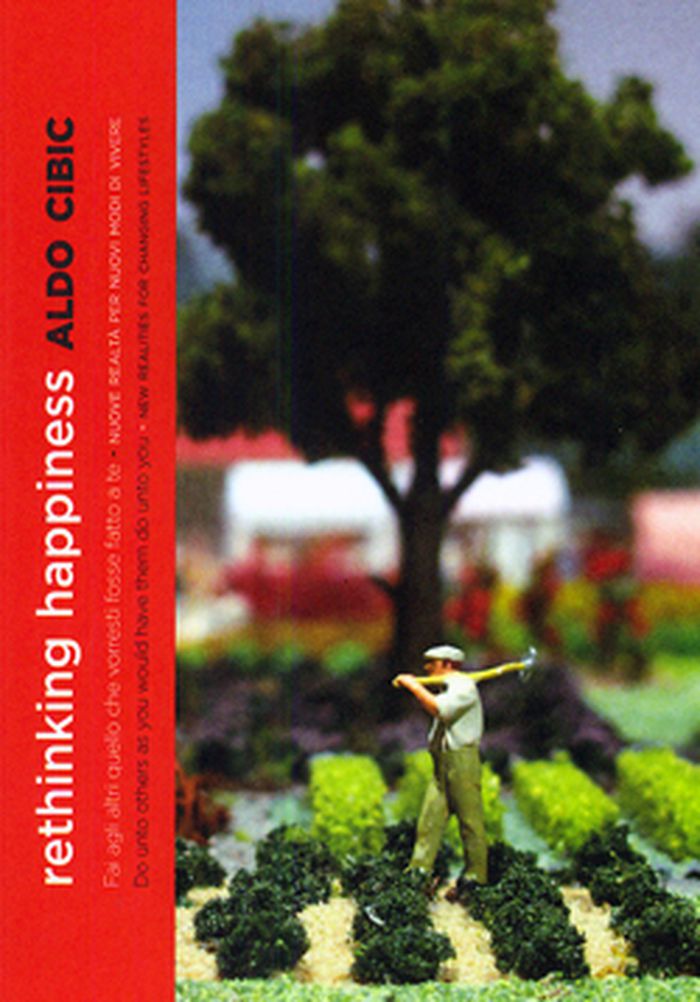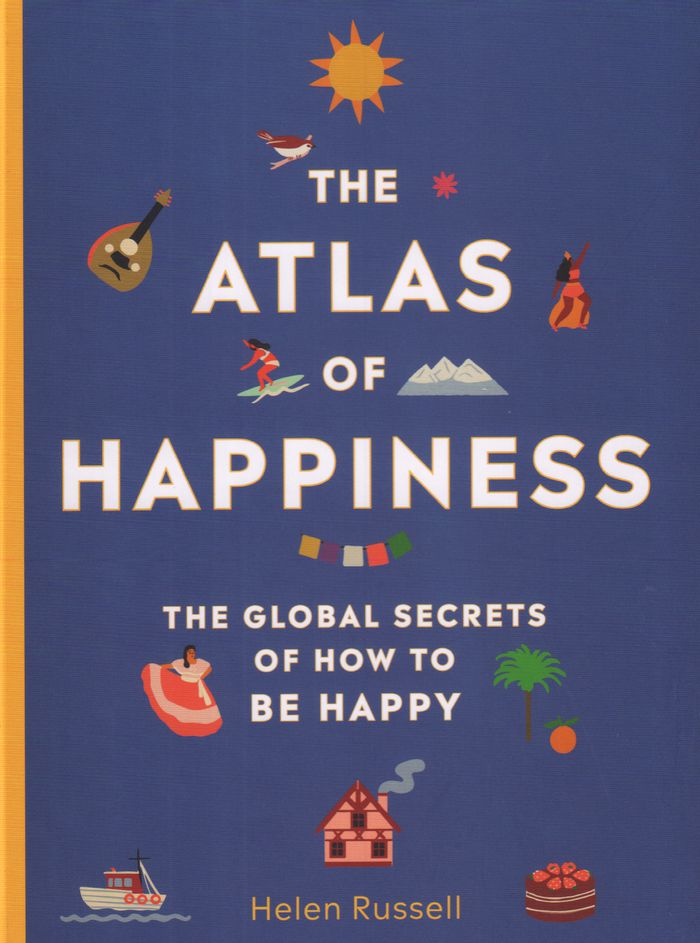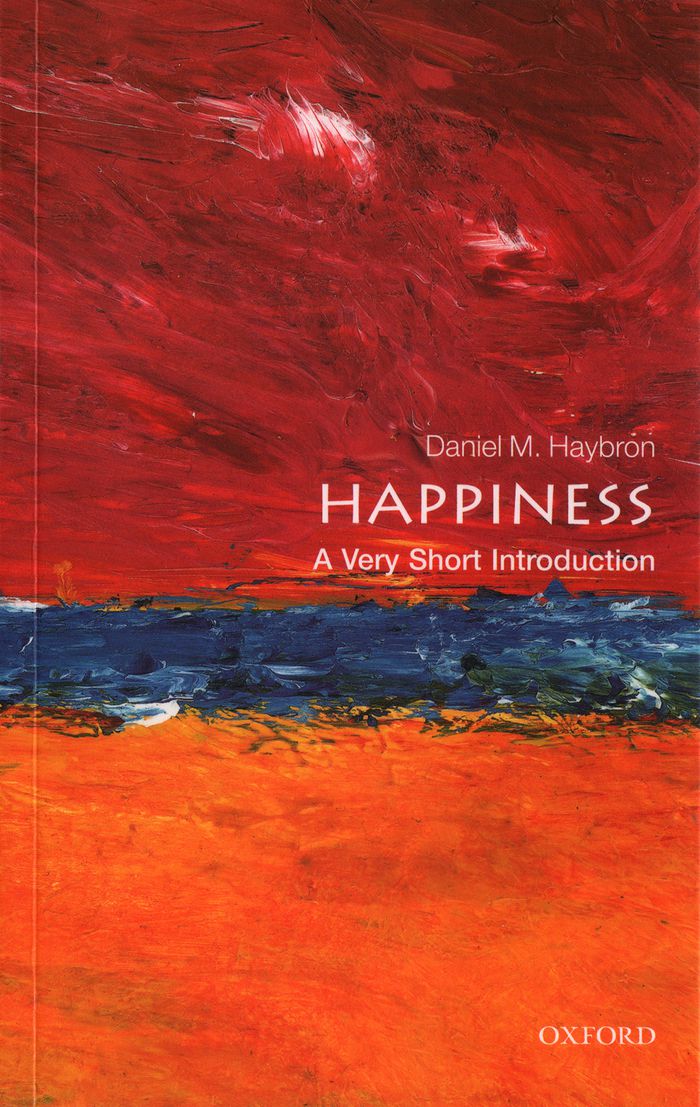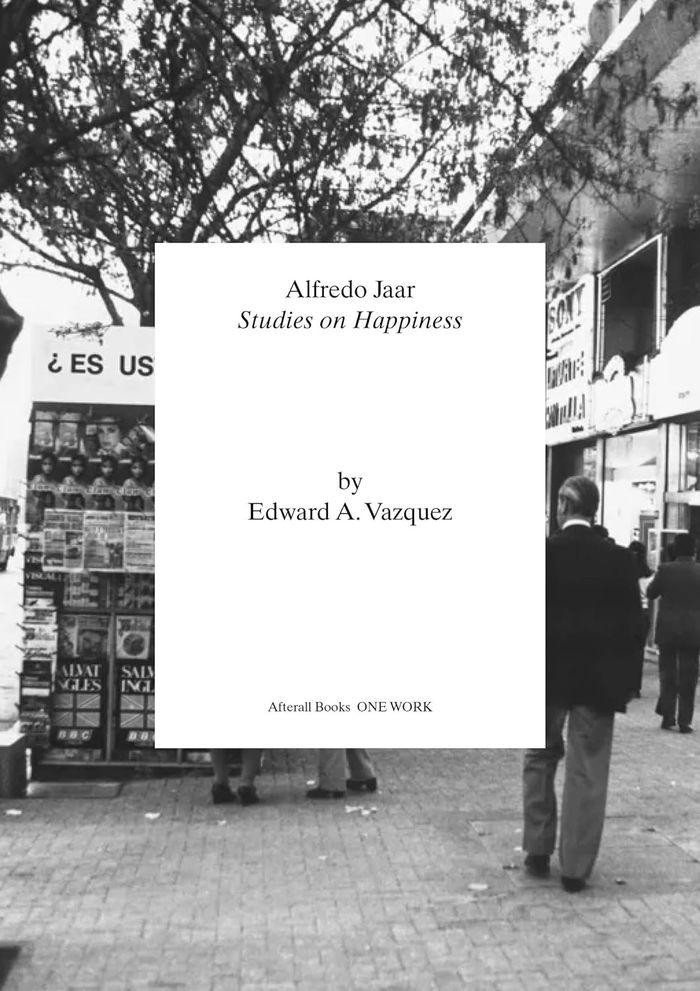audio
Description:
1 online resource.
[Place of publication not identified] : Seeing Is Forgetting, 2017.
audio
[Place of publication not identified] : Seeing Is Forgetting, 2017.
Rethinking happiness
$25.00
(disponible en magasin)
Résumé:
The book contains four sample projects for new-style communities. Four stories told through engaging models and drawings suggest the design potential surrounding everyday living. The experience of Rethinking Happiness aims to reset the concept of the urban development model and to start again from scratch, redefining needs, habits and dreams in tune with present day(...)
Rethinking happiness
Actions:
Prix:
$25.00
(disponible en magasin)
Résumé:
The book contains four sample projects for new-style communities. Four stories told through engaging models and drawings suggest the design potential surrounding everyday living. The experience of Rethinking Happiness aims to reset the concept of the urban development model and to start again from scratch, redefining needs, habits and dreams in tune with present day requirements. In other words, it will be looking at an updated model of contemporary life during a workshop open to economists, sociologists, architects, designers, town planners, landscape designers and simple citizens invited to participate in giving an area a new identity. Rethinking Happiness was part of the 12th International Exhibition of Architecture in Venice curated by Kazuyo Sejima.
L'humain et la ville
livres
Description:
89 unnumbered pages : illustrations, maps ; 34 cm
[Montréal] : CCA, [2019], ©2019
Our happy life = Nos jours heureux.
Actions:
Exemplaires:
Description:
89 unnumbered pages : illustrations, maps ; 34 cm
livres
[Montréal] : CCA, [2019], ©2019
livres
Description:
ix, 276 pages : illustrations ; 24 cm
London : John Murray, 2000.
Deep romantic chasm : diaries, 1979-1981 / James Lees-Milne ; edited by Michael Bloch.
Actions:
Exemplaires:
Description:
ix, 276 pages : illustrations ; 24 cm
livres
London : John Murray, 2000.
audio
Traversing Melancholy.
Description:
1 online resource.
[Place of publication not identified] : Urbanomic, 2022.
audio
[Place of publication not identified] : Urbanomic, 2022.
The atlas of happiness
$29.00
(disponible sur commande)
Résumé:
An illustrated guide that takes us around the world, discovering the secrets to happiness. Author Helen Russell (''The Year of Living Danishly'') uncovers the many ways that different nations search for happiness in their lives, and what they can teach us about our own quest for meaning.
The atlas of happiness
Actions:
Prix:
$29.00
(disponible sur commande)
Résumé:
An illustrated guide that takes us around the world, discovering the secrets to happiness. Author Helen Russell (''The Year of Living Danishly'') uncovers the many ways that different nations search for happiness in their lives, and what they can teach us about our own quest for meaning.
Expositions en cours
livres
The form of form / Trienal de arquitectura de Lisboa ; edited by André Tavares, Diogo Seixas Lopes.
Description:
219 pages : illustrations (some color), maps, plans ; 27 cm
Zurich, Switzerland : Lars Müller Publishers, [2016], ©2016
The form of form / Trienal de arquitectura de Lisboa ; edited by André Tavares, Diogo Seixas Lopes.
Actions:
Exemplaires:
Description:
219 pages : illustrations (some color), maps, plans ; 27 cm
livres
Zurich, Switzerland : Lars Müller Publishers, [2016], ©2016
$13.50
(disponible sur commande)
Résumé:
Happiness is an everyday term in our lives, and most of us strive to be happy. But defining happiness can be difficult. In this "Very Short Introduction", Dan Haybron considers the true nature of happiness. By examining what it is, assessing its subjective values, its importance in our lives, and how we can (and should) pursue it, he considers the current thinking on(...)
Happiness: a very short introduction
Actions:
Prix:
$13.50
(disponible sur commande)
Résumé:
Happiness is an everyday term in our lives, and most of us strive to be happy. But defining happiness can be difficult. In this "Very Short Introduction", Dan Haybron considers the true nature of happiness. By examining what it is, assessing its subjective values, its importance in our lives, and how we can (and should) pursue it, he considers the current thinking on happiness, from psychology to philosophy. Illustrating the diverse routes to happiness, Haybron reflects on the growing influence of secular Western ideas in the contemporary pursuit of a good life, and considers the influence of social context on our satisfaction and well-being.
Expositions en cours
livres
Description:
vii, 353 pages : illustrations (some color) ; 27 cm
New Haven : Yale University Press, ©2001.
The prime minister of taste : a portrait of Horace Walpole / Morris R. Brownell.
Actions:
Exemplaires:
Description:
vii, 353 pages : illustrations (some color) ; 27 cm
livres
New Haven : Yale University Press, ©2001.
$25.95
(disponible sur commande)
Résumé:
Between 1979 and 1981, Alfredo Jaar asked Chileans a deceptively simple question: "Are you happy?" Through private interviews, sidewalk polls and video-recorded forums, among other interventions, Jaar's three-year and seven-phase project, ''Studies on happiness'', addressed a furtive and fearful population living under Augusto Pinochet's military dictatorship. It also(...)
Alfredo Jaar: Studies on happiness
Actions:
Prix:
$25.95
(disponible sur commande)
Résumé:
Between 1979 and 1981, Alfredo Jaar asked Chileans a deceptively simple question: "Are you happy?" Through private interviews, sidewalk polls and video-recorded forums, among other interventions, Jaar's three-year and seven-phase project, ''Studies on happiness'', addressed a furtive and fearful population living under Augusto Pinochet's military dictatorship. It also spoke to a country in transition, as a newly adopted constitution remade Chile through privatisation and other neoliberal reforms. In its varied interventions and direct mode of address, ''Studies on happiness'' functioned as a feedback device meant to catalyse a critical awareness with its blunt questioning. Edward A. Vazquez contextualises Studies on Happiness within Jaar's early production and situates his practice within a Chilean art world haunted by the residues of political violence. This study foregrounds the project's historical embeddedness and the deep political stakes of its apparent sociality, recognising the crucial role that context has always played in Jaar's practice. By turning to the Santiago of Studies on Happiness, Vazquez explores the work's political and art historical environment and provides a wedge to realign current interpretations of Chilean art and hemispheric conceptualism with the openness central to Jaar's project.
Théorie de l’art



